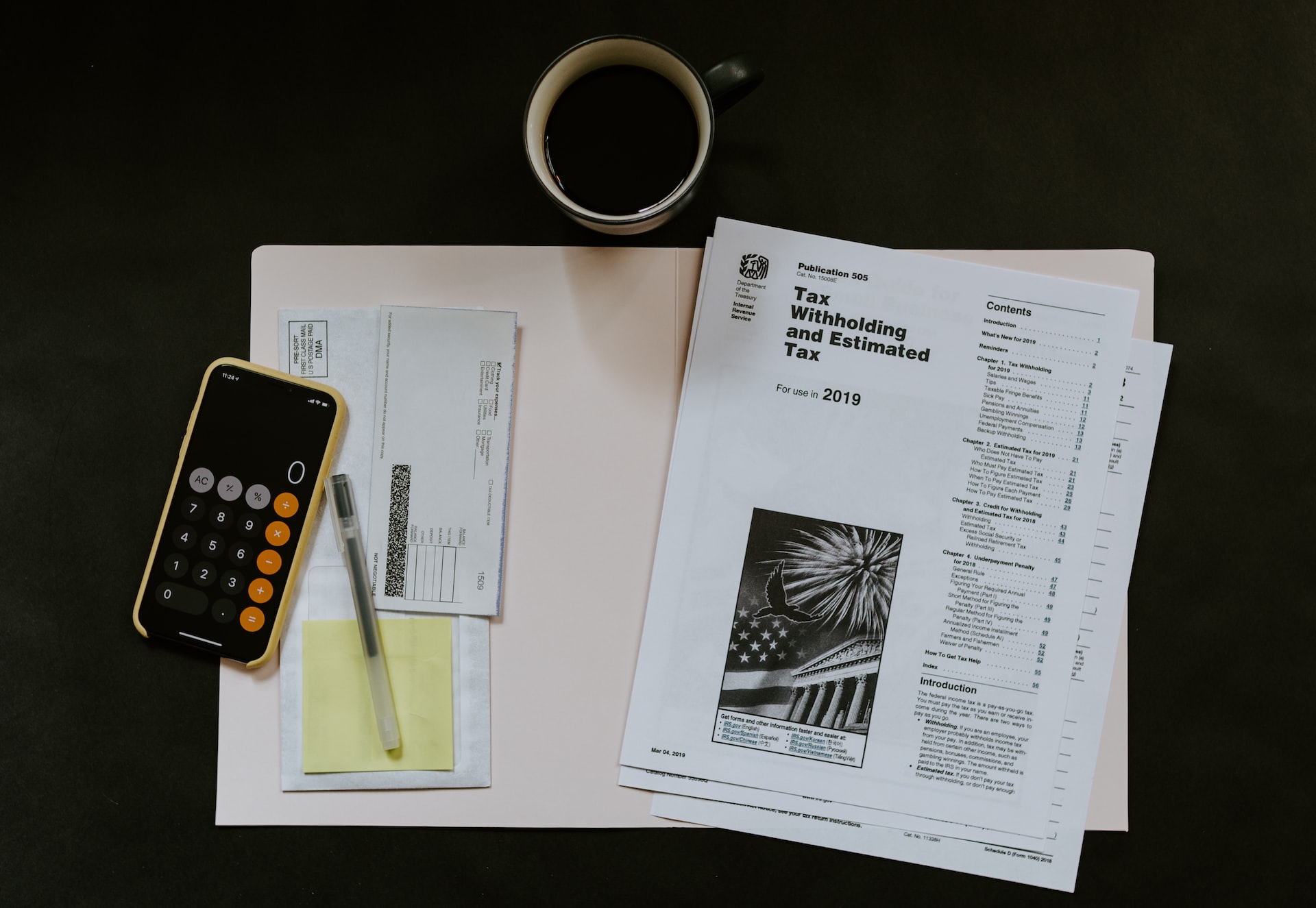Property investing may be one of the biggest investments in a person’s life. A seller may want to lower the costs associated with selling a property, and even though closing costs might be difficult to negotiate, there are many legal ways to lower the tax expenses on selling a house. Just like any other gains on other types of investment, the capital gains on a property are taxable. Given that property investment requires a large amount of capital, a person without any knowledge on how to lower their capital gains taxes on the property sale may pay much more than they should have paid. There are many details to look at when it comes to decreasing capital gains tax for a property, but with a little bit of time and guidance, any homeowner may be able to save hundreds of thousands of dollars in capital gains tax.
The first concept that needs to be addressed is the difference between short-term and long-term capital gains. Typically, short-term capital gains are considered for the assets that have been held for less than a year, and the rate for them equals the investor’s income tax rate, which is also known as the tax bracket. On the other hand, long-term capital gains usually apply to the assets that are being held for over a year. Many people qualify for a 0% tax rate for long-term capital gains. Some investors may have to pay from 15% to 20% in long-term capital gains based on their income and tax filing status.
Another concept that specifically applies to capital gains on selling a property is the tax deduction allowed for selling a house an investor has been living in. The IRS usually allows deducting from capital gains up to:
- $250,000 for a single person,
- $500,000 for a couple who are married and filing taxes jointly.
As an example, if a single person buys a property for $300,000 and sells it for $800,000, the capital gains on the property sale is $500,000. The individual can deduct $250,000 from $500,000 and pay taxes only on $250,000 of capital gains. At the same time, a couple can deduct $500,000 and have a taxable base of $0.
There are some requirements an investor has to fulfill to qualify for this deduction. The IRS requires that the property is a primary residence of the owner. They also ask for the owner to own it for at least 2 years within 5 years. Apart from owning the property, the owner has to live in the residence for at least 2 years within the 5 years. Lastly, the owner can make use of this deduction only once every two years. There are a few things to consider to lower the taxable amount on the capital gains from the property sale.
Own Your Property for at Least 2 Years
To qualify for the capital gains tax deduction, the seller of the property must own the property for 2 years within 5 years. This means that the gains on the asset sold will be taxed as long-term capital gains. In other words, it will not be taxed as a regular income of the seller. If the seller has not been owning the property for 2 years, the next step may help to increase the count of days before the sale.
Manage Your Sale Date
If the seller did not own the property for 2 years or more, the seller may choose to keep owning the property while looking for an appropriate buyer. The seller can set the transfer of ownership title to a year necessary to meet the requirements. If the seller already has a buyer in mind, they may negotiate on a title transfer date for a later period to meet the requirements.
Live in Your Property for at Least 2 Years
Another important requirement to lower the capital gains taxes paid is for the seller to live in the property for 2 years within 5 years. They do not have to be consecutive years, but the days lived in the property must add up to 2 full years. If the time the seller lived in the property is less than 2 years, then it might make sense to postpone selling the property to reap the benefits of tax deductions later on.
Consider your Marital Status
If a seller is married, then it might make sense to start filing taxes jointly to get a larger capital gains tax deduction available for couples. A single person can deduct up to $250,000 from capital gains tax while a married couple who file their taxes together can deduct up to $500,000 from the tax. If the seller is about to get married, then it might be wise to wait until the marriage is official to benefit from the program even more. Managing the sale date may be useful for it.
Keep Receipts for Your Home Improvements
The cost of a house usually includes not only the price at which it was purchased but also the capital expenditures associated with the property. Capital expenditures in this case mean any improvements that were made to the house. It is important to keep the records and receipts of all the improvements that increase the value of the house for further tax deductions.
















